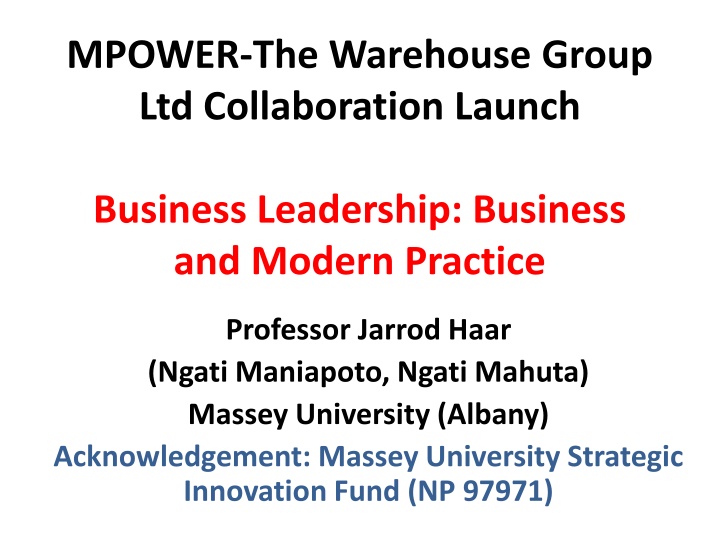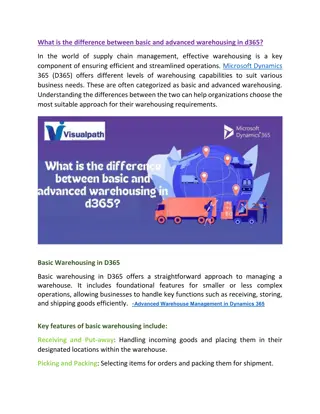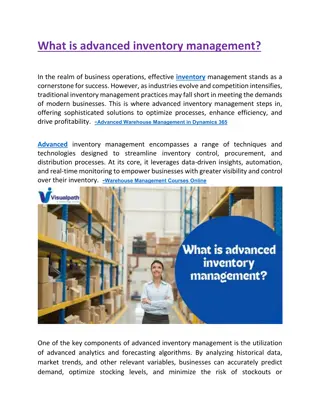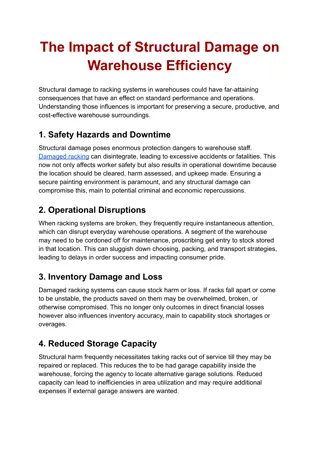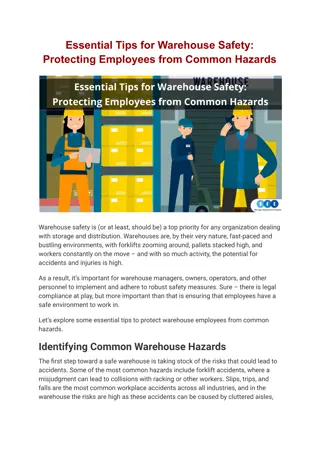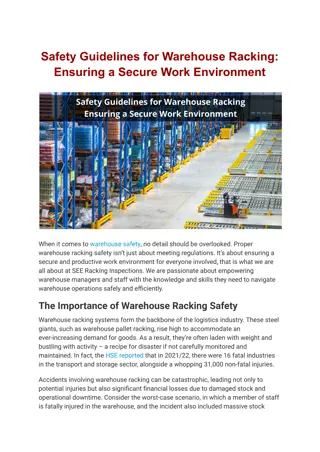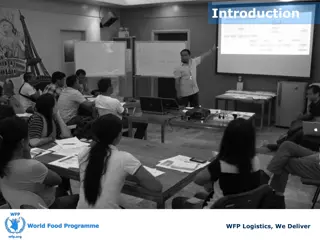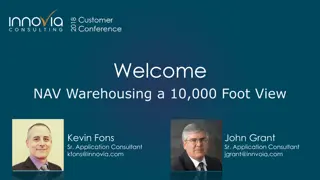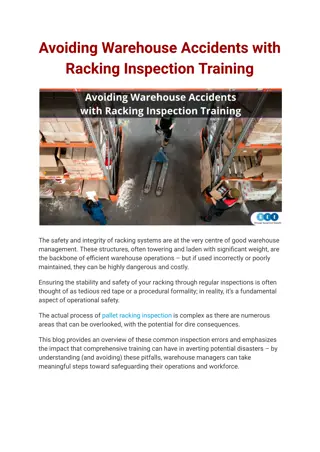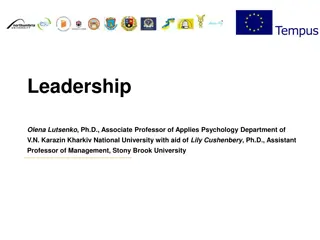MPOWER - The Warehouse Group Ltd. Collaboration Business Leadership
This research project explores key characteristics of leaders in New Zealand, focusing on altruism, humility, collectivism, long-term view, and cultural authenticity. The study aims to understand how these traits relate to leadership styles, employee well-being, and job attitudes. Findings suggest a positive link between these characteristics and leadership styles, such as authentic, transformational, servant, and ethical leadership.
Download Presentation

Please find below an Image/Link to download the presentation.
The content on the website is provided AS IS for your information and personal use only. It may not be sold, licensed, or shared on other websites without obtaining consent from the author.If you encounter any issues during the download, it is possible that the publisher has removed the file from their server.
You are allowed to download the files provided on this website for personal or commercial use, subject to the condition that they are used lawfully. All files are the property of their respective owners.
The content on the website is provided AS IS for your information and personal use only. It may not be sold, licensed, or shared on other websites without obtaining consent from the author.
E N D
Presentation Transcript
MPOWER-The Warehouse Group Ltd Collaboration Launch Business Leadership: Business and Modern Practice Professor Jarrod Haar (Ngati Maniapoto, Ngati Mahuta) Massey University (Albany) Acknowledgement: Massey University Strategic Innovation Fund (NP 97971)
Leadership & Leaders Someone who has followers Capacity to translate vision into reality Those who empower others Context: How might we select future leaders? Same old approach? Or something different? Will it make a difference? To what!? And how? Candidate selection
Research Study Overview Part 1: 31 M ori leaders interviews [qualitative]. Identifying five key characteristics Part 2: 250 NZ-representative employees [quantitative] do these characteristics link to leadership styles? Which ones? Part 3: 122 NZ-representative employees [quantitative]- do these characteristics and leaders styles link to employees own wellbeing, and job attitudes and behaviours?
Findings: Altruism Altruism = selfless concern for the well- being of others
Findings: Humility Humility = the quality of having a modest view of one's importance
Findings: Collectivism Collectivism = group priority over the individual ( we over the I )
Findings: Long Term View Long Term View = attribute that emphasises the future, thrift and persistence
Findings: Cultural Authenticity Cultural Authenticity = condition of being authentic, trustworthy, or genuine towards one s own culture
Study 2 Findings These 5 characteristics were positively linked to positive leadership styles: Authentic Leadership Transformational Leadership Servant Leadership Ethical leadership Relational Energy And Leader effectiveness
Study 3 Findings These 5 characteristics and the aforementioned leadership styles enhanced the following: Employee wellbeing (life sat, work-life balance, job burnout, mental health) Employee work attitudes (engagement, commitment and satisfaction: job & career) Employee work behaviours (job performance and lower turnover) Universal!? No gender diffs in characteristics! Age and ethnicity? both older & Maori sig related to altruism only
Key Points 1. Good leadership extends beyond the bottom line. Good profits and employees 2. Findings generalise to all NZ employees and their leaders (albeit professionals) 3. Thus, seek leaders who are: altruistic, humble, collectivistic , have a long-term view, and are culturally authentic 4. These leaders are more likely to have a positive leadership style and be better to work for! Their followers are more engaged, satisfied, work harder and are happier!
Key Points 5. M ori leadership provides us with a pathway to understanding and improving leadership in all New Zealand workplaces 6. However beware the humble & collectivistic candidate, e.g. imagine a Willie Apiata oh, really it was a team effort! Hence: candidate selection might require 360 degree interviews
